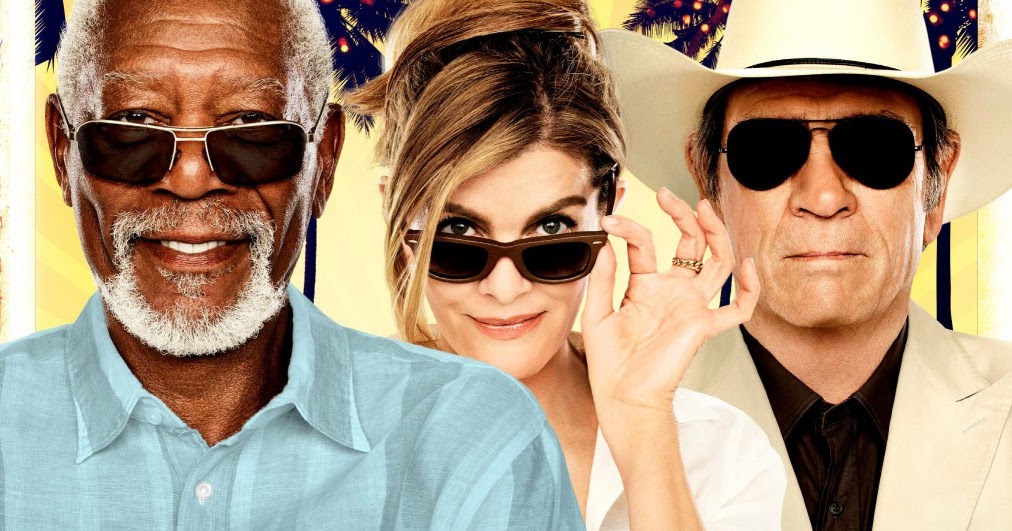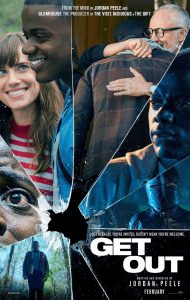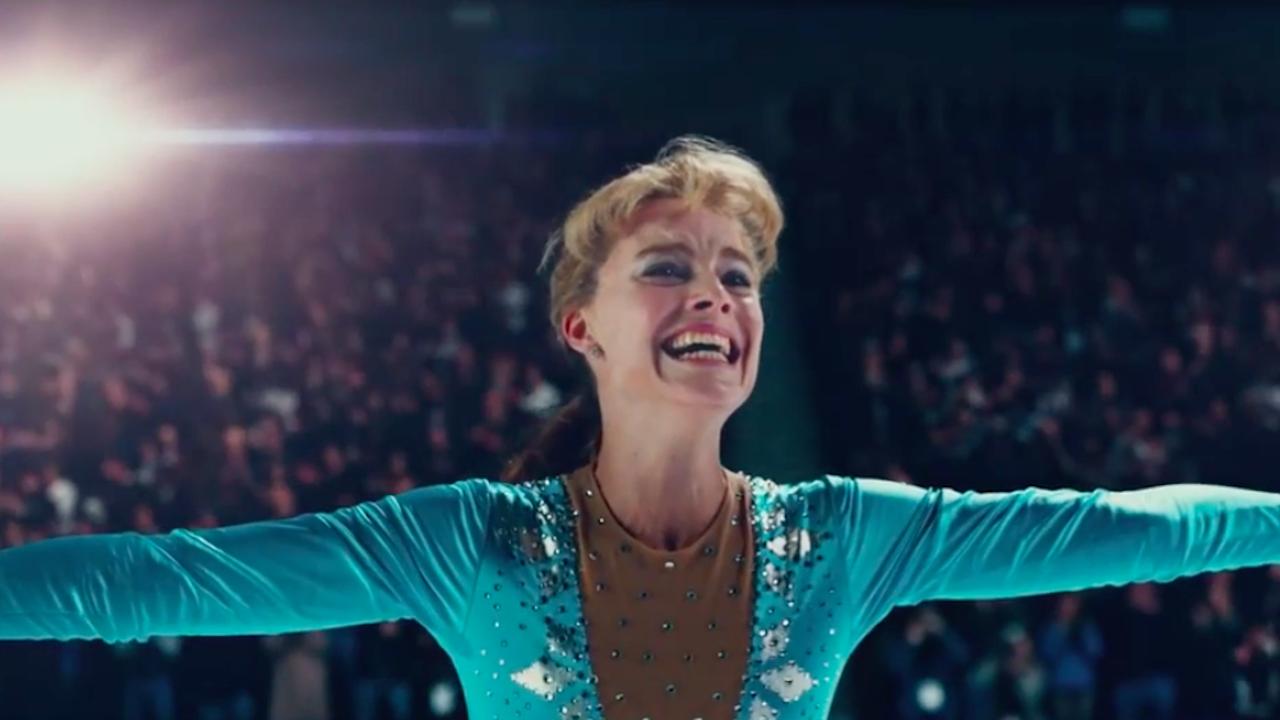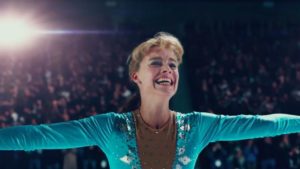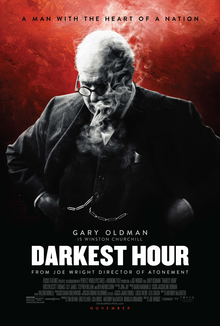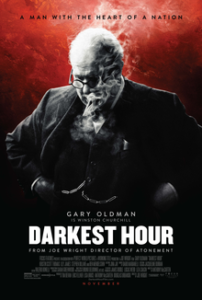Interview: Writer/Director Ron Shelton and “Just Getting Started”
Posted on December 12, 2017 at 1:40 pm
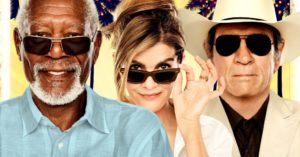
Writer/director Ron Shelton understands the way that people — especially men — communicate through competition that can be both amiable and cutthroat at the same time. And he knows how funny it is to watch. In his new movie, “Just Getting Started,” Morgan Freeman, Tommy Lee Jones, and a cast of great character actors play residents of an idyllic retirement community in Palm Springs who try to top each other in golf, poker, and the affections of a new arrival played by Rene Russo. In an interview, he talked about the differences between men and women, spending Christmas in the desert, and And he quoted one of his most famous characters, “Bull Durham’s” Annie Savoy.
One of the funniest characters in the film is the mob wife played by an unrecognizable Jane Seymour. What did you have in mind with the look of her character?
She’s supposed to be outrageous. Jane said she wanted to come in and have some fun, and she told me she had two different wigs; one blonde, one brunette. I said, “Bring them both and wear one in each scene.” She’s a woman who married into a criminal wealth and we wanted to have fun with it.
It’s unusual to see a movie with Christmas in the California desert, no snow, no pine trees.
I’m a native of Southern California so I grew up with Christmas at the beach. I looked it up and Southern California is on the same latitude as Bethlehem so I’ve always joked about that but half the world has hot Christmases. I was in Palm Springs one time around Christmas and it was one hundred ten degrees and there were dust storms blowing and Johnny Mathis was singing “Let It Snow” and everybody was perfectly happy so I thought it was a good backdrop for not your normal Christmas setting.
Your films often feature guys and their relentless competition, even in the smallest of ways. Why do they do that?
Is it different to write for older characters?
It turns out to be the same because I’m an older character and I don’t think of myself as older, so they don’t either. You and I are still thinking about what are we doing next, about doing what are we doing today, what’s my next job, my interview, my script, my movie, whatever. I’m more active than I’ve ever been. I can’t jump as high or hit a golf ball quite as far, but I think I’m a lot wiser. I don’t make as many of the same mistakes. I’m a better parent and grandparent. I wanted to treat them like people and not go to all those usual sort of go-to default reflex Viagra jokes.
They’re toasting the Christmases to come, looking ahead, not back. So are the actors. Morgan’s eighty, Tommy seventy. Nobody in the movie was under sixty except the two young kids and everybody was active and vibrant and full of energy.
You have made some classic sports movies, and of course there is some golf in this one. We don’t get those adoring portrayals of athletes you see in Turner Classic Movie films like “The Stratton Story” and “Pride of the Yankees.” Why is that?
I think we know too much. Television and iPhone and video cameras and paparazzi and confessions mean we cannot pretend that these people are anything other than the brilliantly talented and flawed people they are. Back when those movies were made there were no televised sports. People didn’t know what the athletes looked like. All I try to do in my stories is put the camera and the story where the television cameras can’t go.
Do sports build character, reveal character or both?
Both; without question. I’m a big believer in sports. It’s great training for people, I know it’s a cliché but it’s true — you learn life lessons. People ask me “what did you learn from sports?” because I went to college on a basketball scholarship and played professional baseball. I say, “you learn to lose” You never win in sports. You have good years and bad. You deal with disappointment. You learn to figure out, “How does that make me stronger? How do I put it in perspective with everything else going on in my life?” So, that’s a great life lesson. It’s what you keep in your heart and mind as you play, whether you are eight years old or thirty or sixty.

